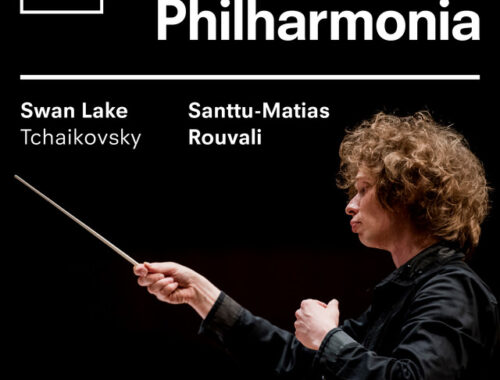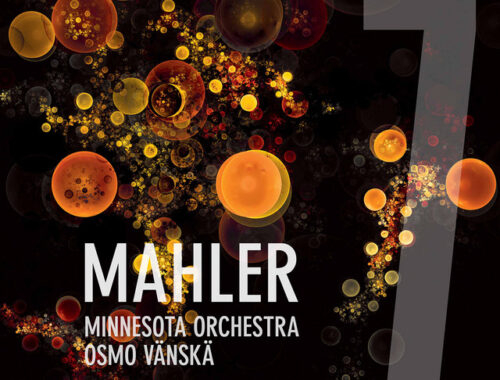SATURDAY 20TH FEBRUARY 2010 LONDON PHILHARMONIC/ JUROWSKI ****
Royal Festival Hall
Fateful prophecies and exultant perorations – the enduring spirits of Leos Janacek and Josef Suk ascend from the valley of the shadow of death and another of Vladimir Jurowski’s beautifully crafted programmes for the London Philharmonic makes connections that will profoundly affect the way we hear these works in the future. None of the London orchestras is thinking of programming in quite the same way: for Jurowski, the way works impact upon each other can intensify the impression they make individually. Did Janacek’s highly expressive terseness better prepare us for Suk’s protracted meditation on bereavement – the Asrael Symphony? Of course, it did.
Perhaps the most extraordinary thing about Janacek’s Taras Bulba and his rarely-heard mini-cantata The Eternal Road is the way both pieces achieve transcendency with their feet so firmly planted in the grass-roots familiarity of Janacek’s own back yard, so to speak. The apparent contradiction is marked in both works but especially Taras Bulba where the rough-hewn and seraphically beautiful achieve amazing kinship. Jurowski could not have been more alert to these epic contrasts, the rapt opening finding refuge in the prayers of a high oboe, solo double bass, clarinet, and the muted ruminations of a distant organ. And so the violation of this inner-sanctum by the gruff brasses of the Cossacks proved all the more brutal.
How marvellous to have the reasons for every note so clearly understood. The exultant “shouts” of violins in recognition of “a new dawn for Slavonicism” were marvellously coarse and emotive with a blaze of light coming through with unusual force in the upper registration of the organ.
The word setting of The Eternal Gospel – an earthly and earthy response to the Book of Revelation invoking the 12th-century mystic Joachim of Fiore – is born of the same ecstatic primitivism that eventually fired Janacek’s Glagolitic Mass and with its rough declamation – terrifically taken by the late replacement tenor Adrian Thompson – wonky crusading march, and vaulting soprano (Sofia Fomina) the effect was very much suggestive of pagans who’ve been Christian for about a week.
I’ve heard more spontaneous performances of Suk’s glorious Asrael Symphony but none which felt more organic or which chronicled its thematic transformations more lucidly. And the great major key revelation of the final chorale in muted brass brought with it a surpassing beauty and serenity and the most moving homage imaginable to Suk’s beloved mentor and father-in-law: the departed Dvorak.


